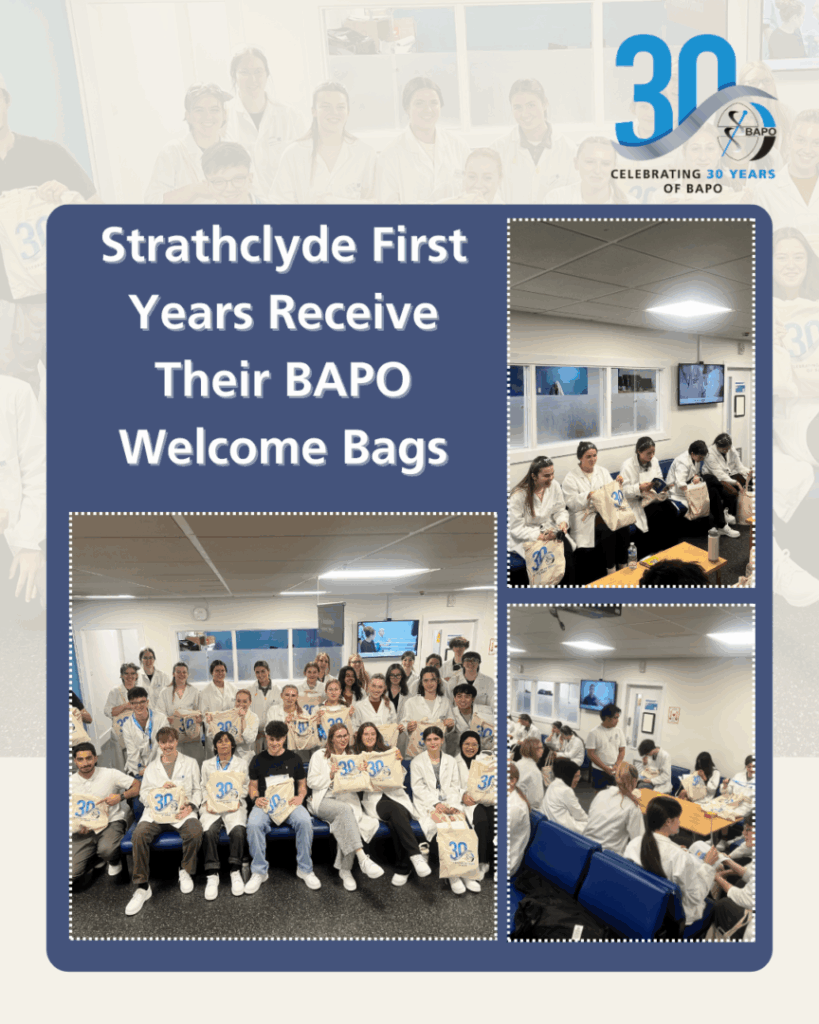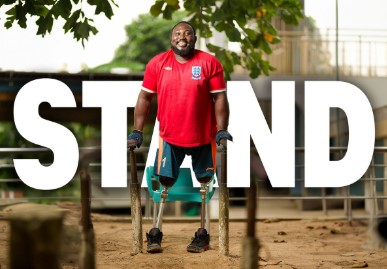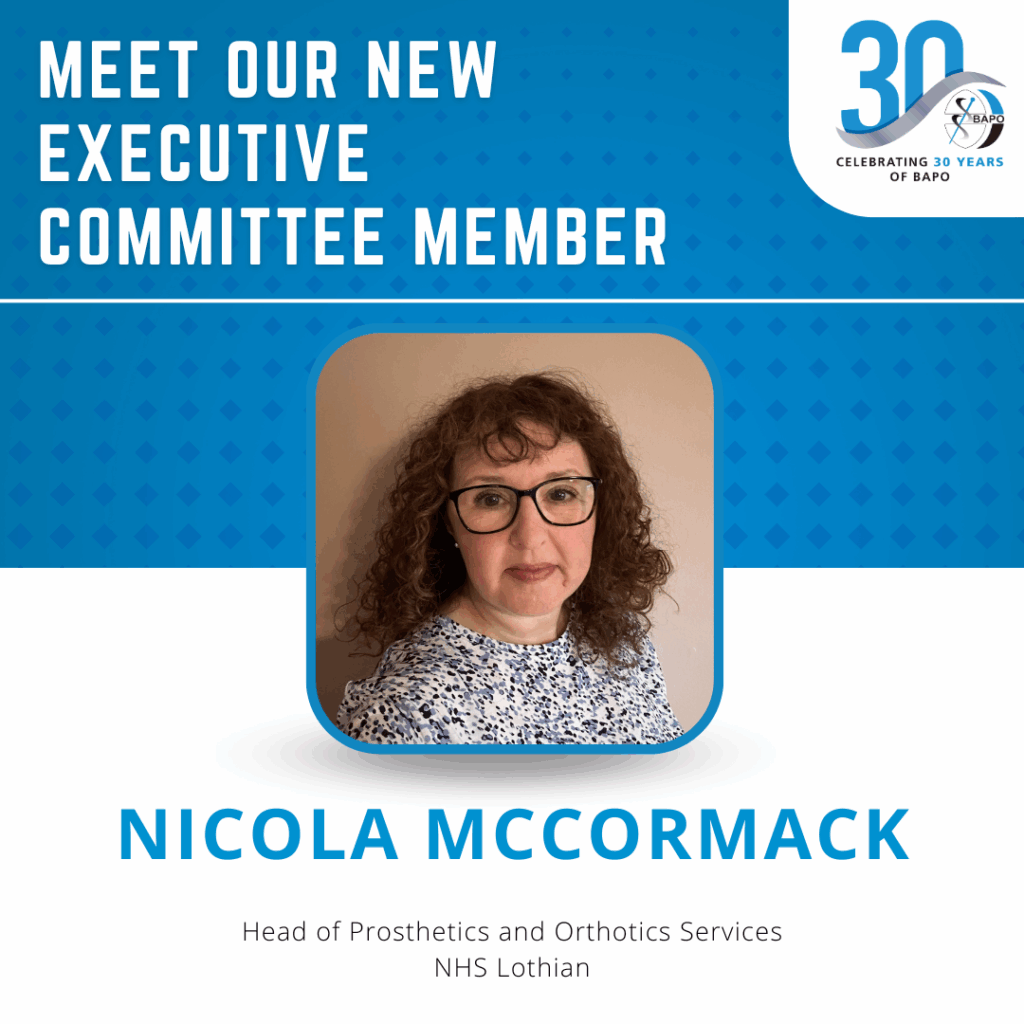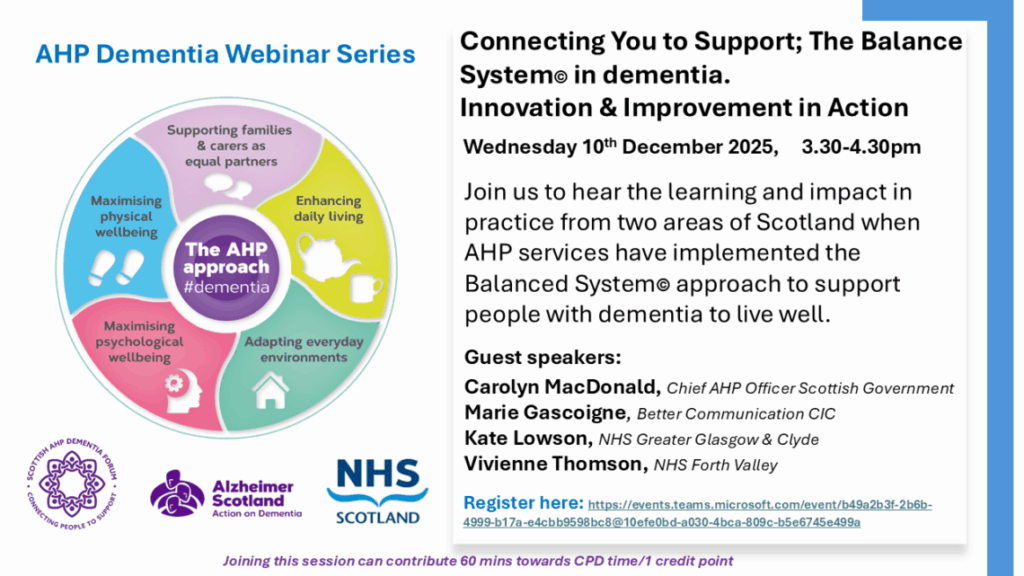

This week, first-year prosthetics and orthotics (P&O) students at the University of Salford and the University of Strathclyde received their BAPO “Welcome to the Profession” goody bags, marking an exciting start to their journey into the P&O community. 🦾📚
The packs are designed to introduce students to the profession early, providing useful tools, resources, and a sense of connection with the professional body from the outset. Students shared what they loved most:
University of Salford:
💬 “Having an awareness so early into my career is invaluable.”
💬 “Makes you feel more connected to the industry and a part of the community before you are qualified.”
💬 “Insight into the industry, connections, benefits, and a team of assistance.”
University of Strathclyde:
💬 “I love the useful tools like the tape measure and goniometer — they’ll be helpful in our patient assessments.”
💬 “The water bottle was a nice touch.”
💬 “The resources about mentorship and what is available through BAPO are really helpful.”
Receiving these packs helps students build confidence, develop practical skills, and feel part of the P&O professional community from day one.
BAPO is proud to support the next generation of prosthetists and orthotists as they embark on their learning journey. 💙




